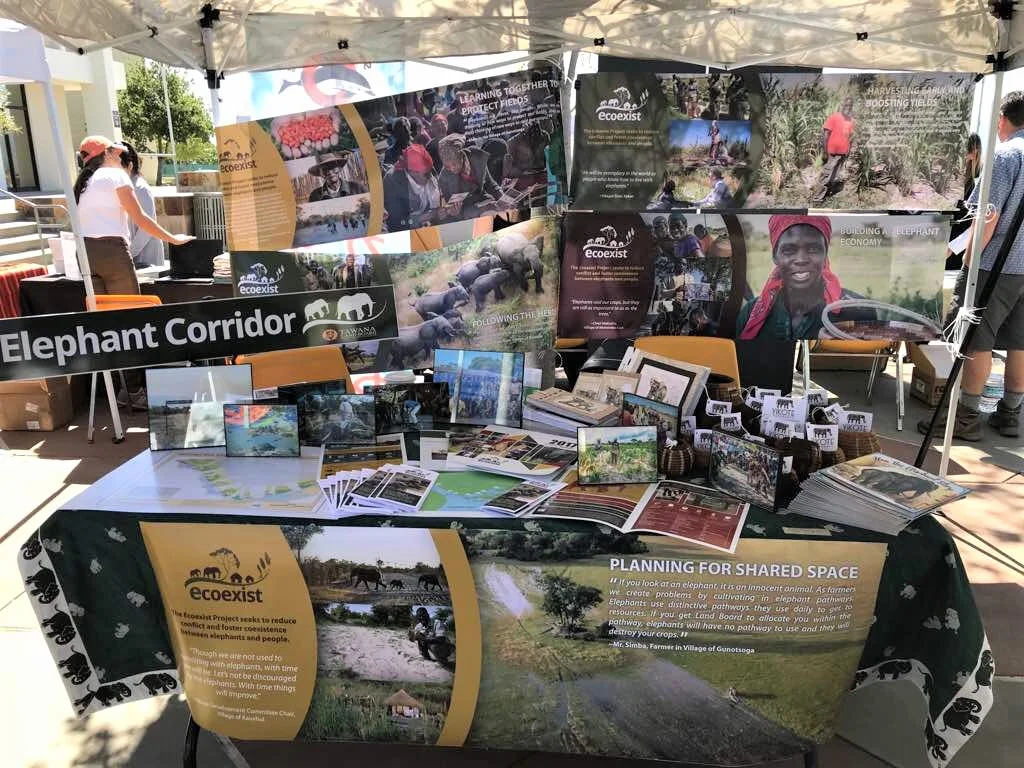Five Things to Know About Botswana’s Decision to Lift Ban on Hunting Elephants
/Five Things to Know About Botswana’s Decision to Lift Ban on Hunting Elephants
Botswana, home to the world’s largest African elephant population, has lifted its five-year suspension of elephant hunting, attracting the ire of conservationists while placating those who argue that the land giants, known to kill livestock and destroy crops, are wreaking havoc on locals’ livelihoods.
In a statement detailing the reversal, Botswana’s Ministry of Environment, Natural Resources Conservation and Tourism cited the increasing prevalence of human-elephant conflict, the Department of Wildlife and National Parks’ inability to respond to animal control reports in a timely fashion, and the toll on communities ill-equipped to handle the unimpeded roaming of these roughly 12,000-pound creatures. The ministry further said that reinstatement will be performed “in an orderly and ethical manner.”
The exact nature of this “ethical” implementation remains unclear, as do the long-term ramifications of the decision for both Botswana’s human and pachyderm residents. But in the meantime, here’s what we do know:





